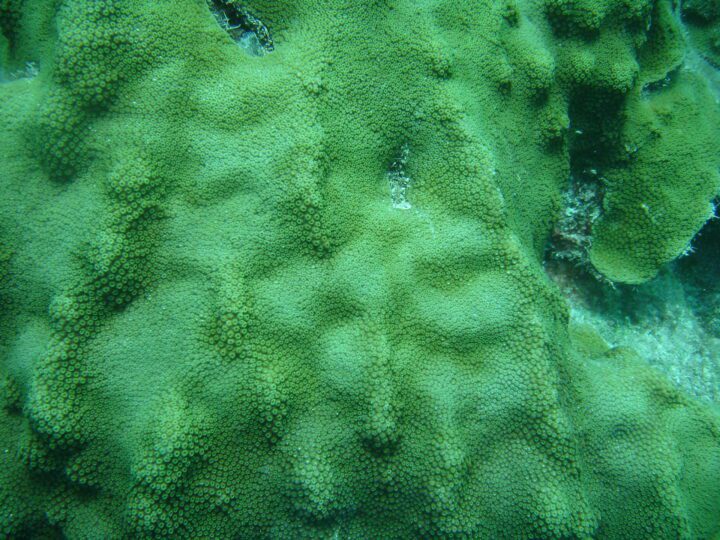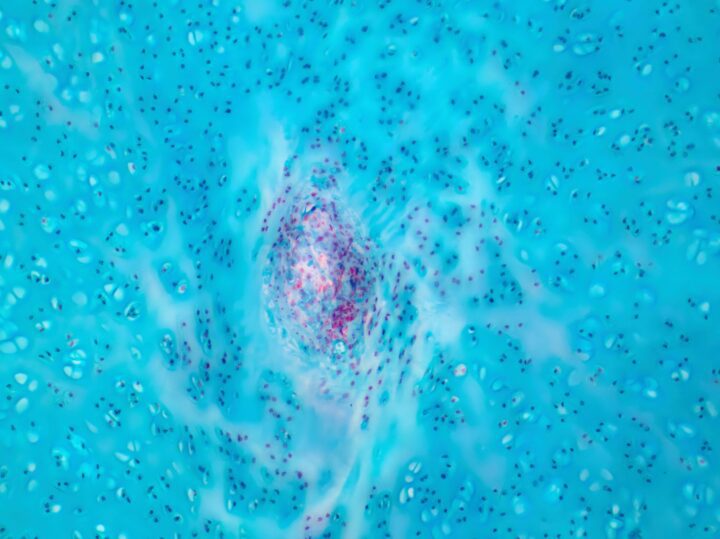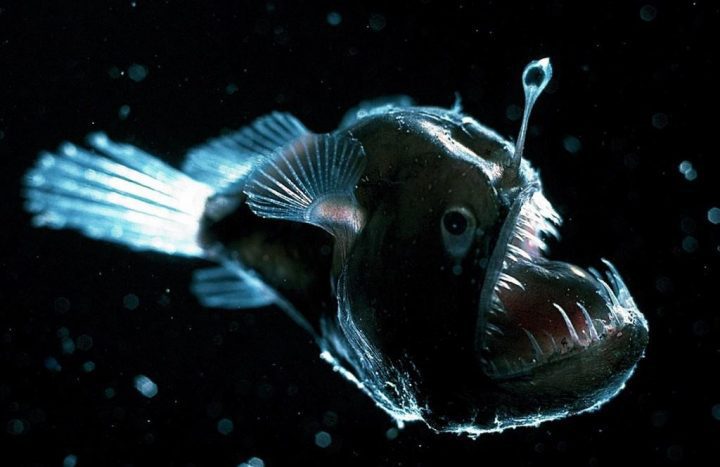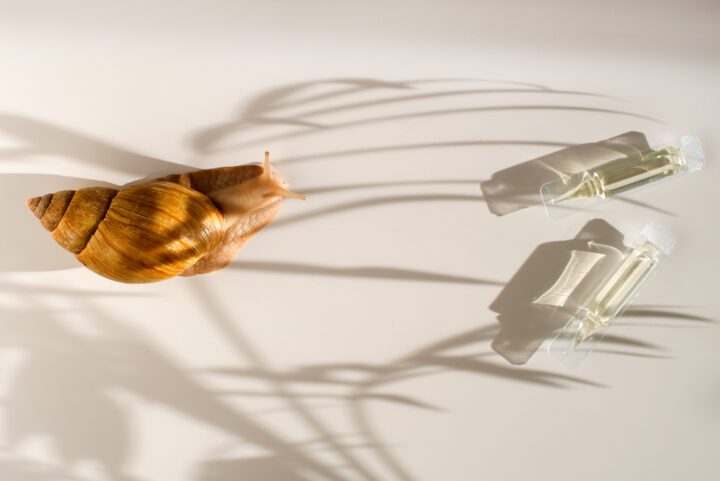Coral Vita grows climate change-resilient corals up to 50 times faster than usual growth by harnessing corals’ natural healing processes through micro fragmentation on land-based farms.
Benefits
- Accelerates coral growth rates
- Makes corals more resilient to climate change
- Allows for large-scale restoration
Applications
- Restoration as a Service (RaaS)
- Habitat and biodiversity conservation
- Ecotourism
- Fisheries
- Shoreline protection
UN Sustainable Development Goals Addressed
-

Goal 9: Industry Innovation & Infrastructure
-
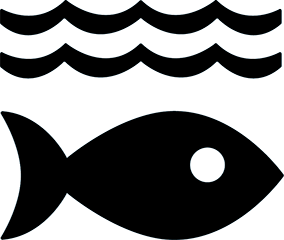
Goal 14: Life Below Water
The Challenge
The planet has lost more than half of its living coral since 1950, a result of climate change, ocean acidification, overfishing, and pollution. Coral farming is proven to help restore reefs, but traditional ocean-based farms are limited in scale, species diversity, and geography, and the corals they cultivate are still vulnerable to the negative effects of climate change.
Biological Model
When pieces of coral are broken off of a reef (by a wave, for example), a natural healing process kicks in. Detecting the open space around the break, the individual coral polyps redirect their energy from producing gametes for sexual reproduction that will send baby corals far and wide. Instead, the polyps focus on growing larger and reproducing by budding––cloning themselves in place. As broken fragments grow, they also can fuse with other pieces nearby, protecting themselves by becoming part of a larger, stronger, and safer colony once again.
Innovation Details
Coral Vita is a startup harnessing the functions and techniques of micro fragmentation to effectively grow corals on land-based farms. Corals are broken into tiny pieces and placed near each other to trigger healing and fusion, a process that can greatly accelerate coral growth. Coral Vita developed land-based farms to have the opportunity to optimize the tanks’ conditions either to promote growth or to intentionally stress growing corals to prepare them for warming and more acidic oceans. Once the corals have matured enough, they’re transplanted into the wild and monitored.
With these techniques, Coral Vita is able to grow a wide variety of species, including all-important massive corals, which serve as the building blocks of reefs but typically grow too slowly to be useful for restoration projects.
Unusual in the coral restoration space, Coral Vita uses a for-profit commercial model, with the goal of finding more financially sustainable pathways to fund ecosystem-scale conservation, envisioning large-scale, high-tech, land-based coral farms in every country with a reef.
Video: Climate Change-Resilient Corals Grow Up to 50x Faster Using This Natural Healing Process

The Human Factor
During their graduate work at the Yale School of Forestry and Environmental Studies, Coral Vita cofounders Sam Teicher and Gator Halpern were sitting on a porch and talking about environmental issues that weren’t being solved fast enough. Halpern and Teicher (a longtime scuba diver who had worked at a coral farm in Mauritius) landed on coral reef conservation and restoration.
With early guidance from their advisor, biologist David Vaughan, who discovered the effects of micro fragmentation, and Ruth Gates of the Hawaii Institute of Marine Biology, who helped pioneer methods to improve corals’ resilience, they developed a business plan for a cutting-edge, commercial coral farming business—one that capitalizes on corals’ own natural healing properties to accelerate growth and on evolution to strengthen individuals. “These organisms—part animal, part plant, part rock—are underwater city builders,” they say. “There’s no better inspiration than coral.”
Ray of Hope Accelerator
The Ray of Hope Accelerator supports an annual cohort of ten high-impact nature-inspired startups representing various sectors and regions addressing the world’s biggest environmental and sustainability challenges. The accelerator builds upon years of experience as the Ray of Hope Prize. Created in honor of Ray C. Anderson, founder of Interface, Inc. and a business and sustainability leader, the $100,000 Ray of Hope Prize (2020-2023) shone a light on the innovative, nature-inspired solutions that we need to build a sustainable and resilient world. Coral Vita was selected as a finalist for the 2023 Ray of Hope Prize.

